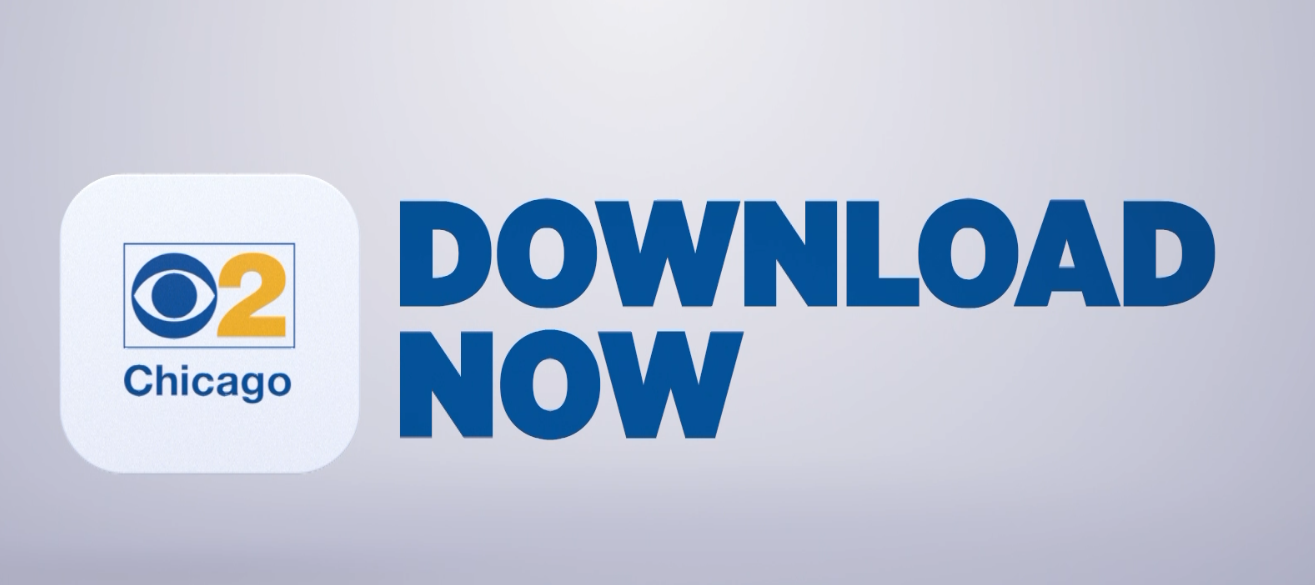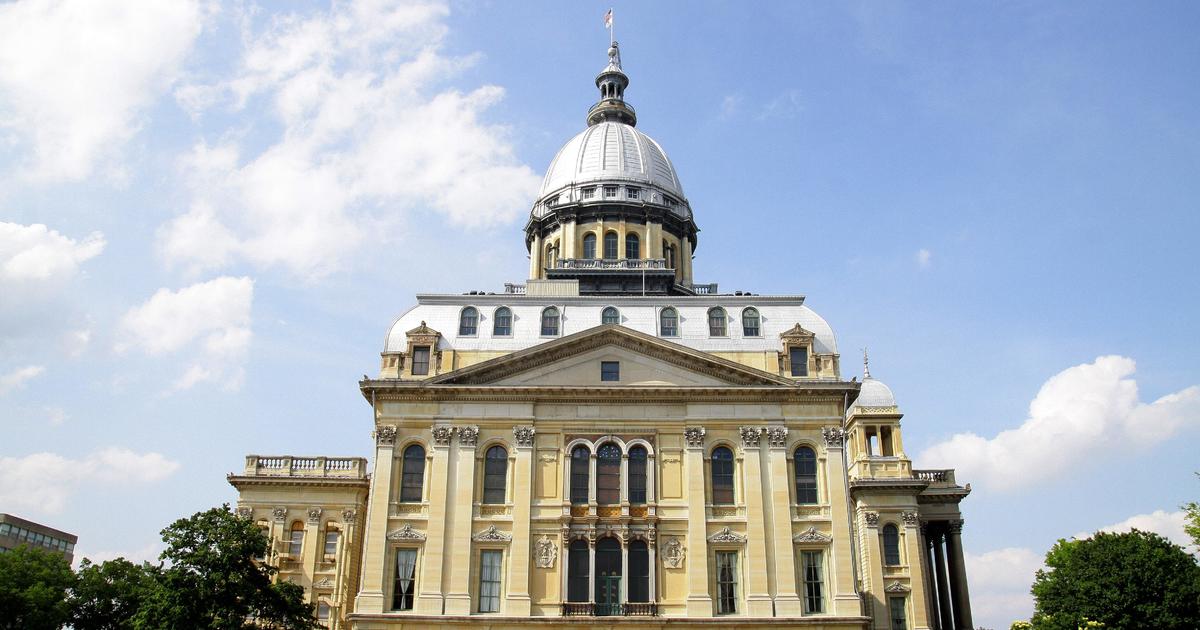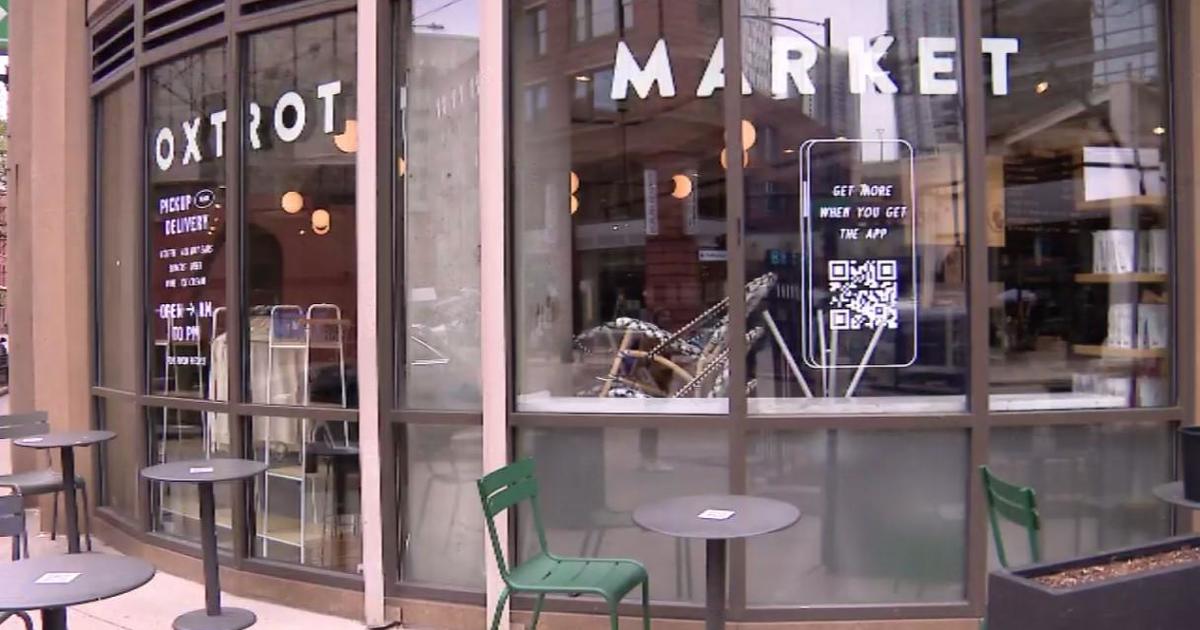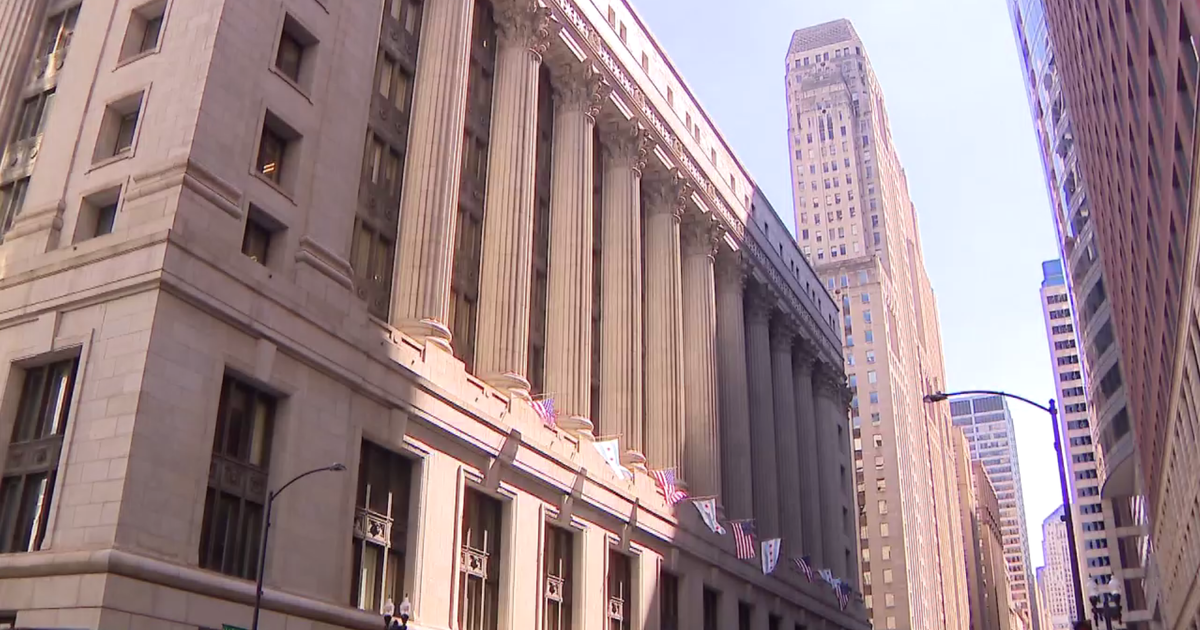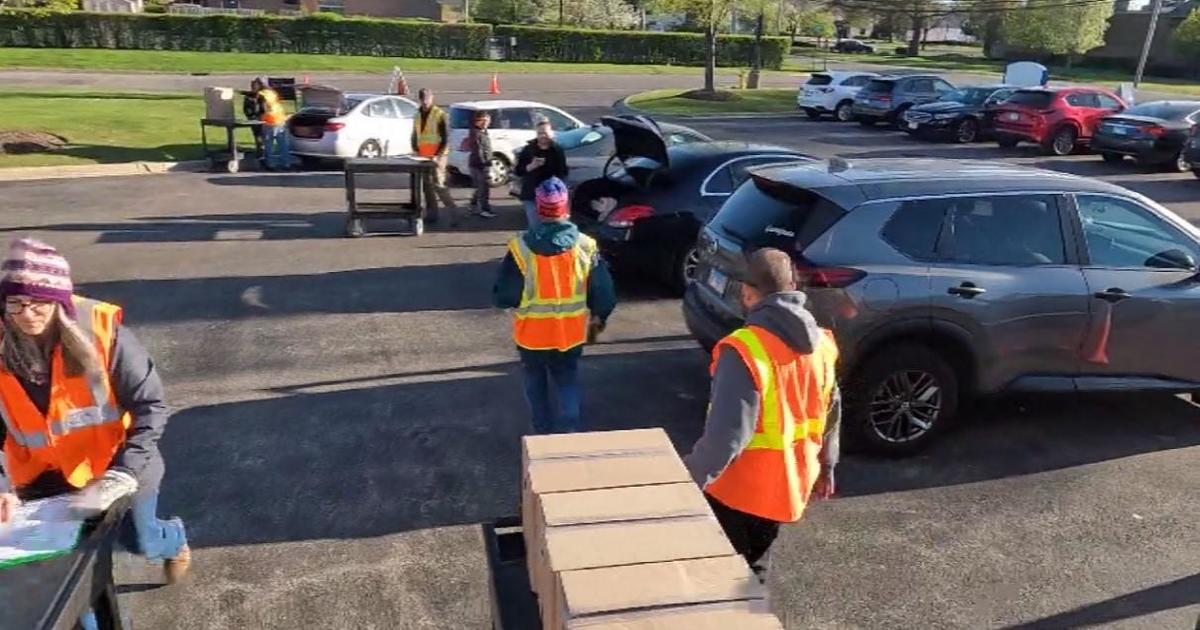'Fight The Fatigue' Illinois' Health Director Pleads For People To Take COVID-19 Seriously, Adhere To Pandemic Restrictions
CHICAGO (CBS) -- Holding back tears and trying to not to show her sadness and frustration with the state's rising COVID-19 cases, the director of the Illinois Department of Public Health urged people to "fight the fatigue" and follow the rules to combat the spread of the virus.
Dr. Ngozi Ezike, became visibly upset, and at one point stopped midway through giving her COVID-19 update to plead with people to wear masks everywhere and to avoid group gatherings.
"Since yesterday we lost an additional 31 lives, for a total of 9418 deaths. These are people who started with us in 2020, and won't be with us at the Thanksgiving table," Ezike said.
Ezike added that once people take the restrictions seriously, the case numbers will go down and the reopening process can begin.
"I'm asking you to fight the fatigue. Fight the urge to give up on social distancing fight for your kids to have safe, healthy opportunities to have in person learning in school with teachers who are trained to teach them in the classroom. To have safe, healthy environments in which we can work, so that businesses can remain open so that our economies can start to thrive again," Ezike said. "This means reconsidering that large gathering that large social events. It means thinking about wearing masks, in your own home, when you're with other people from outside of your household. Think about connecting with friends and family, virtually. This is what we'll have to do to bring the spread down in our community."
Governor JB Pritzker had praise for Ezike and discouraged the harassment she has received.
"She has worked nonstop, seven days a week, 24, hours a day. There is not a moment that she doesn't take a phone call. In the middle of the night, middle of the day. Take a meeting, whatever she needs to do. The people of the state of Illinois are her patients. You can imagine she cares so deeply about her patients and I'll also say that there is a tremendous amount of pressure and burden," Pritzker said. "She is subject to verbal attacks to protest protesters showing up at her home. People should take into consideration that this is a very difficult job that she has and she is doing it in a way that we should all be so proud of."
Pritzker said he understands the criticism he's getting as non-essential businesses are forced to closed. But reiterated that those places are where the virus is spreading.
"I understand how difficult it is. I do. Many small businesses have their entire livelihood at risk, and the potential for the closure of their business permanently as a result of this virus, and the difficulty, I think, is that some of the locations and remember this is often focused on bars and restaurants because those are super spreading locations," he said.
Some of those locations, when they remain open, when they don't follow the rules, they are, in fact, helping to communicate this virus to many other people," Pritzker said. "This is an awful virus. One of the challenges of it is that it isn't visible to anybody and it doesn't occur to you right away. In other words you're not that you'll show up at a bar or restaurant one day and the next day you're sick. And so it's very difficult for people to understand."
"Last Monday, our lowest positivity was region 11 that's Chicago at 6.2%. That was Monday. Today, Chicago is now tied with region two in North Central Illinois at 7.0%," Pritzker said. "That's a point 8% increase in just one week. Chicago's infection rate is rising at a rapid rate, just like the rest of Illinois, statewide the number of patients hospitalized with COVID-19 has increased 17%. Over the last week alone.
Public health officials reported 3,875 new confirmed coronavirus cases in Illinois on Friday, as well as 31 additional deaths, while hospitalizations from COVID-19 continue to reach levels not seen since early June.
The new cases announced by the Illinois Department of Public Health account for 4.7% of the 82,256 new tests reported on Friday. The statewide seven-day average positivity rate stands at 5.6%, down only slightly from 5.7% on Thursday, but up from the 3.4% rate reported three weeks ago.
Gov. JB Pritzker has repeatedly said over the past week that Illinois is clearly seeing a second wave of the virus. Four regions of Illinois are now under additional mitigations to try to slow the spread of the disease, and the governor has said every region of Illinois has seen increases in new cases over the past week. Three times in the past nine days, IDPH has reported record numbers of new cases statewide.
Also From CBS Chicago:
- Chicago's New COVID-19 Business Curfew Begins Friday Night
- Support Grows For Man With Special Needs Fired From Jewel-Osco
- Eight-Year-Old Girl Shot While Doing Homework In East Chicago, IN
Ezike said people who are asymptomatic, showing no symptoms of COVID, are a great threat for those who don't have the virus. She said the proactive measures can make a great difference.
"We literally have people who are asymptomatic meaning have no symptoms for the entire duration of their illness. And so for those seven, eight days that you may be shedding the virus, you're unknowingly, unwittingly infecting people in your path. People who will never know that they were exposed to you, or may come up with disease, and maybe even be hospitalized, and even worse, without ever understanding where or how they contracted," Ezike said. "This is how this disease is happening, but we do have a choice. We can limit our gatherings, we can wear our masks. We can wash our hands. We can do these things, so that we don't hurt those around us."
She added that because of the spike in COVID-19 cases throughout the state, hospitals are ramping up the way they did at the start of the pandemic.
"People are bringing more beds, try to prepare for the COVID units again. And these staff that went through all that pain to try to save as many people as they can, are seeing history repeat itself," Ezike said who added that others are suffering from a different kind of COVID fatigue than just being tired of wearing a mask.
"Think about the COVID fatigue for healthcare workers and respiratory therapist. We're gonna have to go through this whole episode again of trying to fight for people's lives, because we couldn't figure out how to control this virus, by doing some of the simple measures that have been prescribed. I feel for those health care workers, the respiratory therapists, the nurses, the nurses assistance. All these people who work with the public on a regular basis.
"You cannot work from home as a bus driver. So these people have to go to work every day as the disease is increasing throughout the state. And they're the ones that will be dying. And so, putting our people through this again it's unfortunate. And I'm desperate to find the message that will work.
"I'm looking for someone to tell me what the message is so that we can do what it takes to turn this around . The virus has caused this. "Instead of pitting one group against another, we need to fight against the virus. We don't have a cure yet. We don't have a vaccine yet. But we have a mask. And we're asking people to use that. I don't know what else we can say."
